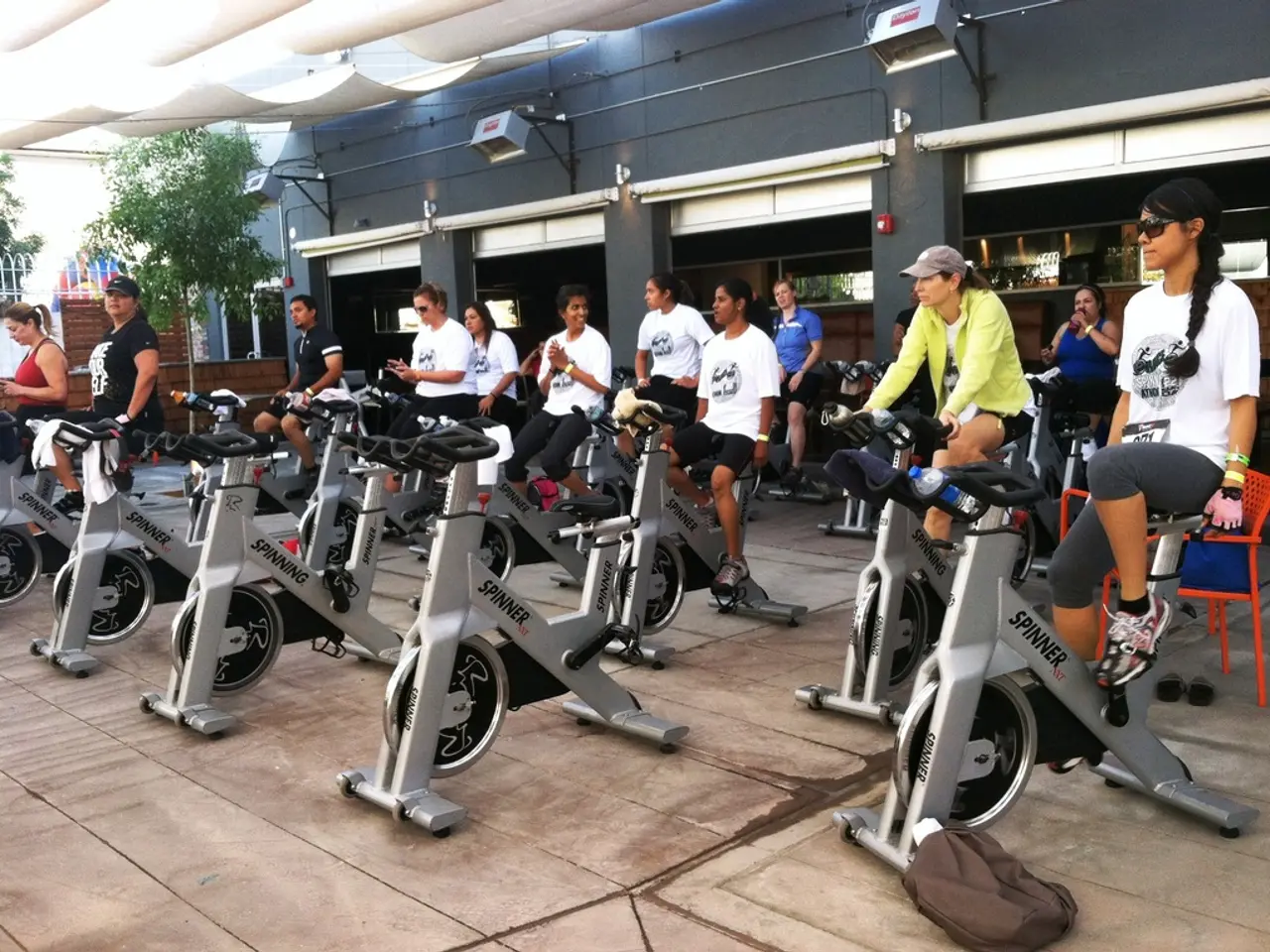The Question at Hand: Summer Exhaustion Syndrome
Summertime is often associated with relaxation, adventure, and fun. However, for many, it can also lead to a state of emotional, physical, and mental exhaustion known as summer burnout. This phenomenon occurs when expectations clash with reality during the summer months, leading to feelings of overwhelm, fatigue, and disengagement.
Recognizing Summer Burnout
Emotional Symptoms
- Irritability and impatience
- Persistent sadness
- Feeling empty or detached
- Lack of motivation or enthusiasm
- Increased anxiety about plans, work, or relationships
- Going through motions without engagement
Physical Symptoms
- Difficulty falling or staying asleep
- Feeling tired despite rest, headaches, muscle tension
- Unexplained aches and pains
- Appetite changes, frequent colds
- Feeling run down overall
Behavioral Symptoms
- Withdrawing from social activities and avoiding plans
- Procrastination, difficulty completing tasks
- Increased reliance on caffeine or alcohol
- Neglecting self-care routines like exercise, healthy eating, or hobbies
Alleviating Summer Burnout
Structured Micro-Routines
Creating small daily rituals can add structure and grounding, helping to combat summer burnout. These could include short walks, quiet time, or tech-free breaks.
Setting Boundaries
Learning to say no is crucial for avoiding overwhelm and conserving energy for what matters most.
Engaging with Nature
Spending at least 20 minutes outdoors in green or shaded spaces can reduce stress and soothe the nervous system.
Reconnecting to Joyful Activities
Prioritizing hobbies and activities that bring pleasure without demands aids mental recovery.
Prioritizing Hydration and Cooling
Staying consistently hydrated and scheduling outdoor activities during cooler parts of the day can help manage physical symptoms.
Listening to Your Body
Taking rest when needed, particularly during peak heat hours, and incorporating cooling routines can help manage physical symptoms.
Additional Tips
- Online therapy can be a convenient way to manage or prevent summer burnout.
- Practicing mindfulness and self-care can help manage stress and anxiety.
- Seeking support if needed is important for dealing with summer burnout.
- Social exhaustion can occur during the summer due to the nonstop social events and pressure to say yes to everything, which can drain a person's social battery.
- Setting boundaries with social plans is essential for maintaining well-being.
- Work-life balance can be challenging during the summer months, as people may find themselves juggling new or shifting deadlines, trying to achieve a proper work-life balance, and having a hard time setting and respecting their boundaries.
Remember, it's okay to prioritize your well-being during the summer. Recognize the signs of summer burnout, and take steps to alleviate it. By making intentional self-care practices and lifestyle adjustments, you can enjoy a more relaxed and rejuvenating summer.
[1] [Article Source 1] [2] [Article Source 2] [3] [Article Source 3] [4] [Article Source 4] [5] [Article Source 5]
Online therapy can be a convenient way to manage or prevent summer burnout, providing mental health support for those struggling with feelings of depression, anxiety, and emotional exhaustion.
Incorporating structured micro-routines, such as short walks or tech-free breaks, into daily life can help alleviate the symptoms of summer burnout, promoting personal growth and mental recovery.
Engaging in education and self-development can also assist in coping with summer burnout by providing tools and strategies for managing stress and enhancing overall mental health.
Professionals in health and wellness, including workplace-wellness specialists, emphasize the importance of prioritizing self-care during the summer months to avoid social exhaustion and maintain well-being.
Boundary setting is essential for managing the challenges that may arise during the summer months, as people juggle work and personal commitments, promoting a better work-life balance and improved mental health.




